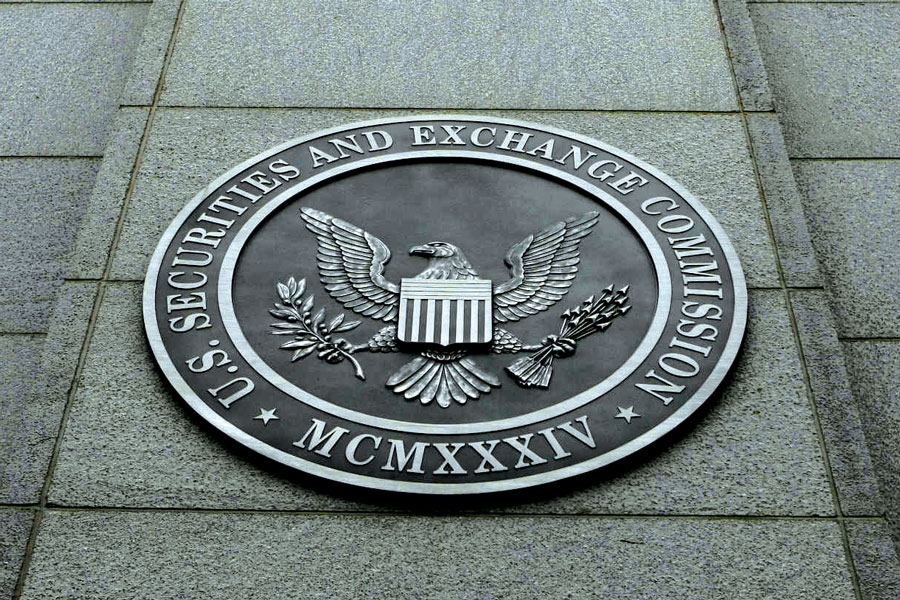

The Securities and Exchange Commission on Friday announced settlements with Merrill Lynch and two other investment advisory firms to conclude its more than two-year crackdown on disclosure failures related to high-fee mutual funds.
The SEC launched its Share Class Selection Disclosure Initiative in February 2018 to target advisory firms that recommended high-fee mutual funds – those that charged 12b-1 fees kept by the firms – without telling clients that less expensive share classes were available in the same funds.
The cases announced Friday are the final ones the SEC will recommend under the terms of the initiative, which allowed firms to avoid civil penalties if they reported their own violations. The SEC returned more than $139 million to investors as part of the initiative.
On Friday, the agency ordered Merrill Lynch to pay $325,376 to investors for sales that were made between Jan. 1, 2014, and May 31, 2018. It ordered Eagle Strategies to repay investors $101,090.46 for sales between Jan. 1, 2014, and March 30, 2016.
Both Merrill and Eagle self-reported as part of the SEC’s share-class initiative.
A third firm, Cozad Asset Management, self-reported months after the initiative’s deadline. The SEC ordered it to repay investors $416,870.10 for sales made between Jan. 1, 2014, and Oct. 31, 2018. It also ordered Cozad to pay a $10,000 civil penalty.
Lawyers for the firms were not immediately available for comment.
“This incredibly successful initiative led to the return of almost $140 million to harmed investors, stopped wrongful conduct, and highlighted the importance of an adviser’s obligations to provide full and fair disclosures to clients,” C. Dabney O’Riordan, co-chief of the Asset Management Unit, said in a statement. “We continue to actively pursue disclosure failures that financially benefit the adviser to the detriment of the client.”
From March 11 through Sept. 30 of last year, the SEC issued orders against 95 advisers participating in the initiative. Since then it has settled with two firms that did not self-report. One was Mid Atlantic Financial Management Inc., which agreed to pay $1,027,002 in disgorgement and a $300,000 civil penalty. The other was BPU Investment Management, which agreed to pay $692,107 in disgorgement and a $235,000 civil penalty.
The initiative has drawn criticism from brokerage industry trade associations and other representatives, who have accused the SEC of what they call “regulation by enforcement.” They claim the SEC never explained its disclosure standard before launching the initiative.
In various public appearances, SEC staff has pushed back, arguing that the fiduciary duty to disclose 12b-1 fees should have been clear all along. The violations usually involved brokerage affiliates of investment advisory firms.

Research reveals a 4% year-on-year increase in expenses that one in five Americans, including one-quarter of Gen Xers, say they have not planned for.

Raymond James also lured another ex-Edward Jones advisor in South Carolina, while LPL welcomed a mother-and-son team from Edward Jones and Thrivent.

MyVest and Vestmark have also unveiled strategic partnerships aimed at helping advisors and RIAs bring personalization to more clients.

Wealth management unit sees inflows of $23 billion.

Deal will give US investment bank a foothold in lucrative European market.
Orion's Tom Wilson on delivering coordinated, high-touch service in a world where returns alone no longer set you apart.
Barely a decade old, registered index-linked annuities have quickly surged in popularity, thanks to their unique blend of protection and growth potential—an appealing option for investors looking to chart a steadier course through today's choppy market waters, says Myles Lambert, Brighthouse Financial.
